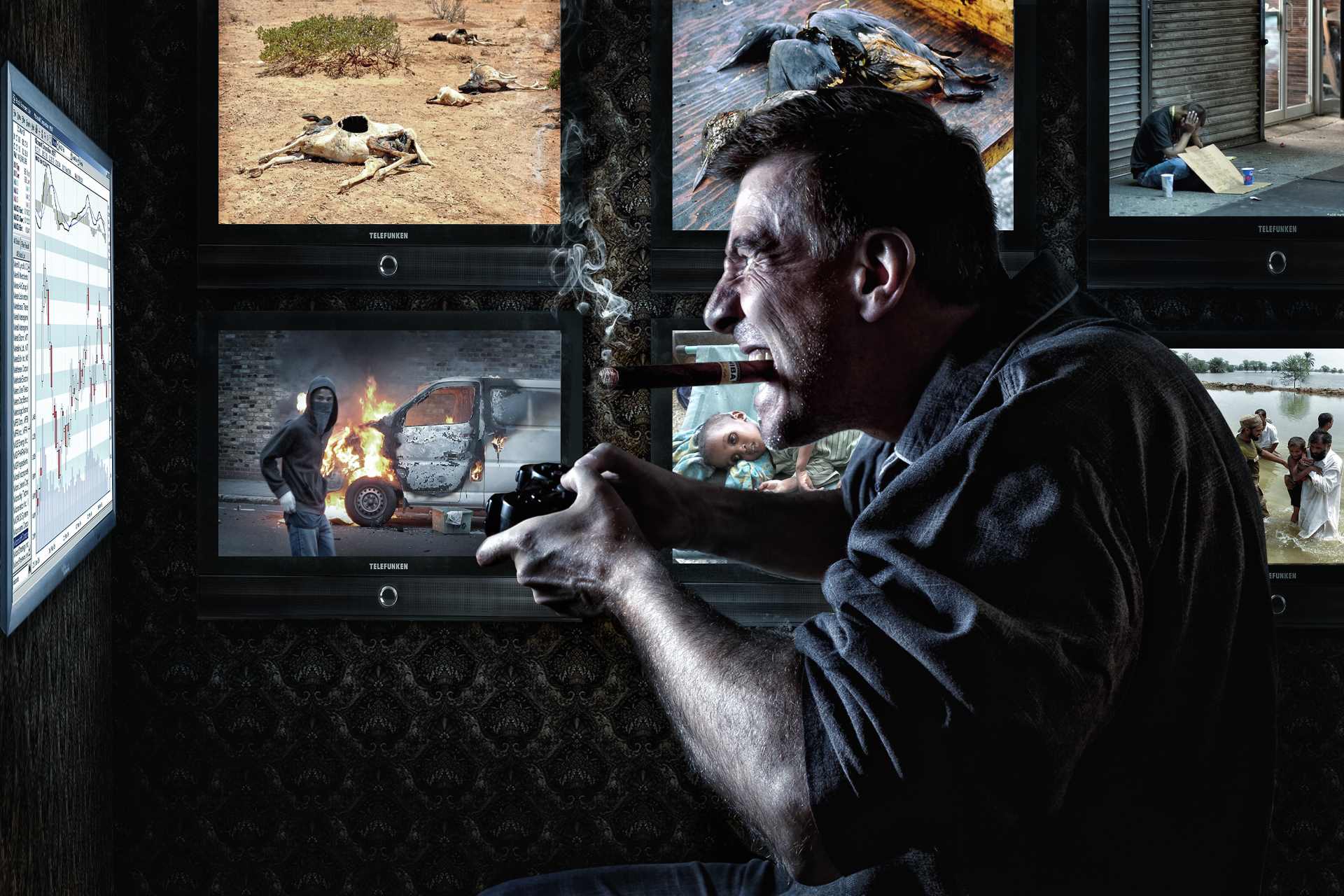The world after 03/03/03 has definitely hardened, and much more than just the minimum one notch in every meter that PCs now start with “a total of five notches in the gauge … It’s a hard-knock world, pony” (Book 1, Play p7 pdf).
The stock GMC shock profiles in UA3 (Book 4: Expose, p36ff) are significantly more distressed than the equivalents in UA1 (p211) and UA2 (p264), where they are mostly at 1 for each meter (and 4 for violence).
However, the sample stress ranks (Play p20ff pdf) have barely changed at all from UA1 to UA3.
Life begins hardened and failed
PCs start with up to 5 notches to harden Unnatural, and up to 20 more distributed across the remaining gauges. Each shock meter must have a minimum of 1 hardened notch. I expect most UA3 characters will start off hovering around 3-5 (rather than stick to a single notch) on each scale. In earlier editions, this was capped at 3 notches.
In UA3, how broken you begin is directly related to how hardened you are. You mark a failed notch for each 5 (or part) hardened notches you have accumulated. This is dubbed paying the piper during character generation.
Because you always have at least one hardened in each meter, in UA3 you will always start with at least 1 failed notch, and up to 5, depending on how many hardened notches you have taken. In UA2 you had the choice to take up to 3 failures, or none at all (although adepts always had to take at least one).
Tough world – numb characters?
Putting it all together suggests that most low-level coercions (up to say stress rank 3, out of 10) are going to be shrugged off. The baseline tolerance or immunity for physical and emotional stress has been raised.
Coercion is as widely applicable to situations as it might ever have been, but there’s a higher level of shock that has become normalised in the world of UA3.
While this may not mean characters are entirely numb to the horrors of the world, it might leave some rather nonchalant about the threats they come to face – they shrug them off with a dismissive “I can deal with that.”
Building the threat of coercion
Rather than overlooking low-level threats, making sure the PCs know what they are getting away with is a good idea. Apart from anything, it reminds them how hardened or callous they have become.
It also pushes the central question in Unknown Armies – is it worth it?
This kind of almost mechanical foreshadowing helps build the threat and consequence of coercion. It feels more organic and satisfying when the dial does get turned up to a rank against which the character has to face a stress check. The result is less of a surprise, and more of a shock.
More importantly, the consequences of the stress check, whether the character is successful or not, are more keenly felt. When (not if) things go wrong, they do so in interesting ways, that are narratively built on top of the little fears and niggles they’ve shrugged along the way.

